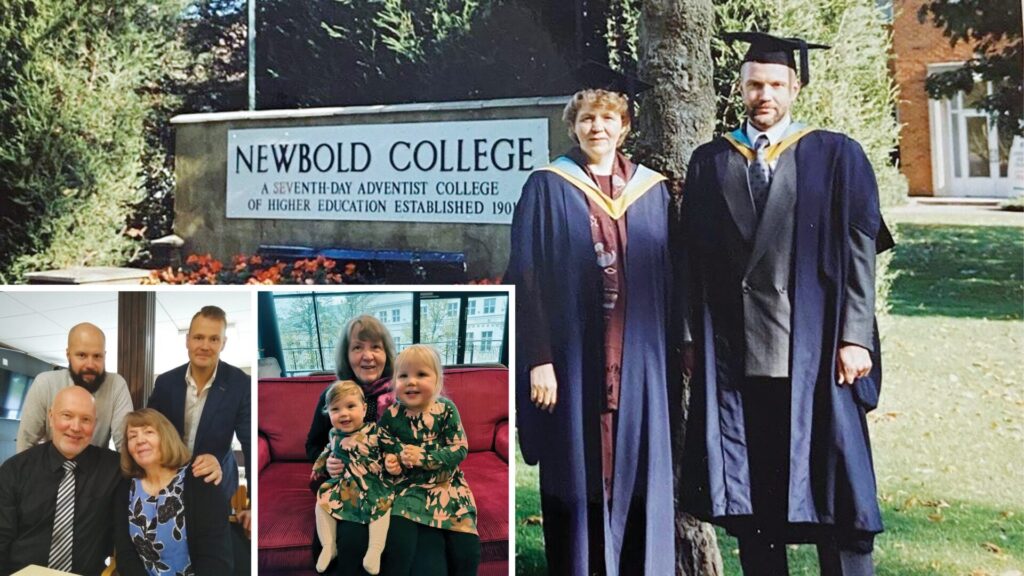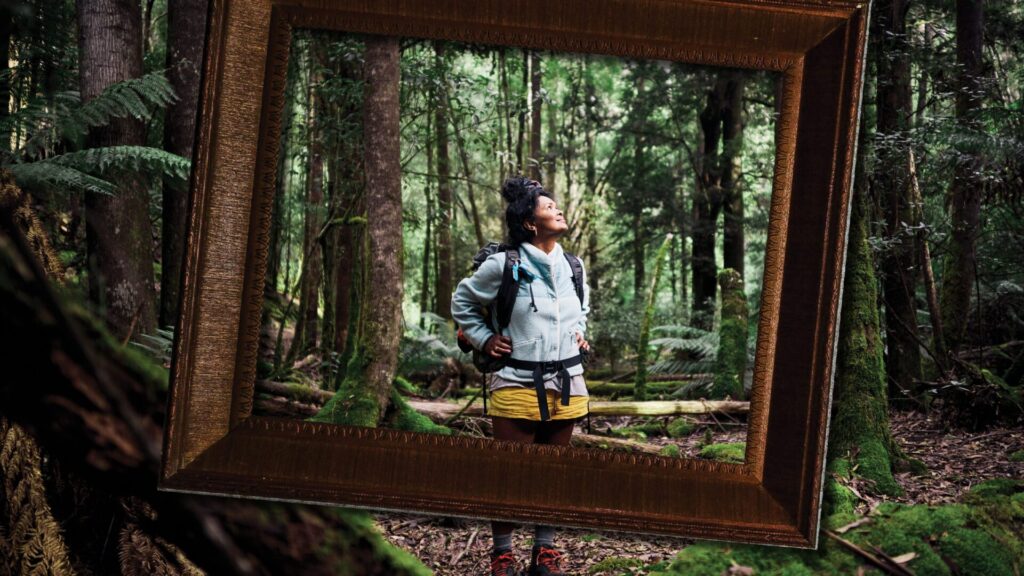It was one of those balmy afternoons during holiday time when one of our fellow passengers suddenly stood up in the middle of the bus we had just boarded. With a sure voice, he requested the attention of all the passengers. Not knowing what he wanted or where this was going, we gave him our attention. But what he said next was surprising.
He explained that he was a Christian, that he believed in the power of God and that he wanted to pray for protection before we started our three-hour bus trip. Immediately, most of the passengers hushed, the bus driver lowered the volume of the music and the repeat episode of Hawaii Five-0 about to play on the bus TV was paused.
That response from the passengers and the driver was incredible and really stood out for me. As soon as they heard that someone was going to pray for their protection, they all stopped. It was as if there was an intrinsic desire in people to pay attention to someone who was willing to pray for a positive outcome in their lives. In essence, hope is what captures the hearts of people when the road is unknown. So we all bowed our heads and were blessed by the prayer of that unknown man.
What is also interesting is how one voice wanting to live out his faith brought about change that day. All the people around me, including myself, said “Amen” when the man finished praying. This indicated that there was a degree of connectedness with God—and yet, there was only one person who stood up to invite us to pray.
The man on the bus challenged us that day. When it comes to God, we were reminded that we have to live our faith, live our beliefs and act out what is in our hearts and minds. And that’s exactly how we must “do church” also. That is how we transform our local churches, how we challenge those around us, how we inspire our children and how we invite others to believe.






